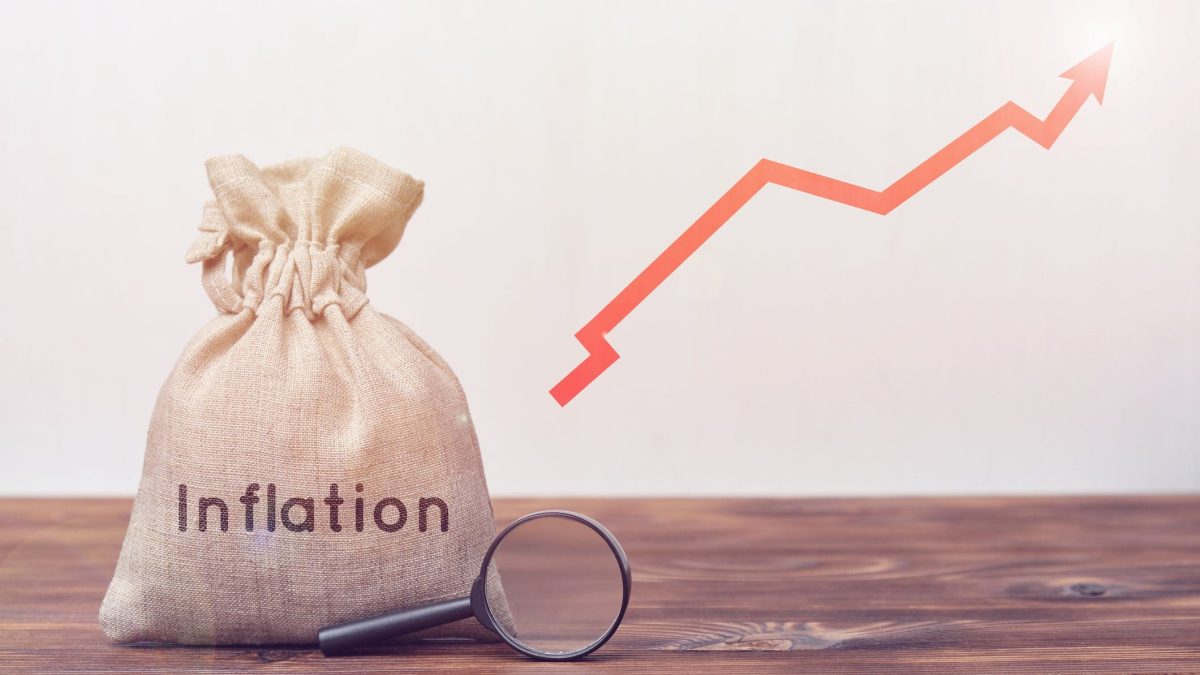US Inflation Moving in the Right Direction, According to Atlanta Fed President
27.06.2024 22:00 1 min. read
According to Atlanta Fed President Rafael Bostic, US inflation "appears to be shrinking", which could allow the Federal Reserve (Fed) to cut interest rates later this year.
Bostick noted that concerns about inflation stalling at high levels are easing as recent data show progress. Specifically, the percentage of goods and services growing at an annual rate of more than 5 percent has fallen below 20 percent, returning to pre-pandemic levels and mirroring trends seen in the rapid decline in inflation last year.
Despite these improvements, inflation remains “elevated,” with the price index for personal consumption expenditures (PCE) rising at a 2.7% annual rate in April versus the Fed’s target of 2%. Upcoming PCE inflation data for May, due on Friday, will provide additional insight.
Bostick expects that conditions will likely warrant a cut in the federal funds rate in the fourth quarter of this year.
He emphasized that it is important to exercise patience with the initial reduction to ensure that it takes place after a clear return to the 2% inflation target, which could potentially set off a series of declines.
While investors have been predicting a September rate cut with two quarter-percentage-point reductions by the end of the year, Bostick and many Fed policymakers currently foresee only one reduction.
-
1
Russia’s Oil Revenues Strained as Exports Decline Again
24.06.2025 18:00 2 min. read -
2
Recession Fears Linger as Economic Signal Flashes Long-Term Warning
25.06.2025 9:00 2 min. read -
3
Robert Kiyosaki Predicts When The Price of Silver Will Explode
28.06.2025 16:30 2 min. read -
4
Gold Beats U.S. Stock Market Over 25 Years, Even With Dividends Included
13.07.2025 15:00 1 min. read -
5
Trump Targets Powell as Fed Holds Rates: Who Could Replace Him?
27.06.2025 9:00 2 min. read
Gold Beats U.S. Stock Market Over 25 Years, Even With Dividends Included
In a surprising long-term performance shift, gold has officially outpaced the U.S. stock market over the past 25 years—dividends included.
U.S. Announces Sweeping New Tariffs on 30+ Countries
The United States has rolled out a broad set of new import tariffs this week, targeting over 30 countries and economic blocs in a sharp escalation of its trade protection measures, according to list from WatcherGuru.
Key U.S. Economic Events to Watch Next Week
After a week of record-setting gains in U.S. markets, investors are shifting focus to a quieter yet crucial stretch of macroeconomic developments.
Robert Kiyosaki Predicts When The Price of Silver Will Explode
Robert Kiyosaki, author of Rich Dad Poor Dad, has issued a bold prediction on silver, calling it the “best asymmetric buy” currently available.
-
1
Russia’s Oil Revenues Strained as Exports Decline Again
24.06.2025 18:00 2 min. read -
2
Recession Fears Linger as Economic Signal Flashes Long-Term Warning
25.06.2025 9:00 2 min. read -
3
Robert Kiyosaki Predicts When The Price of Silver Will Explode
28.06.2025 16:30 2 min. read -
4
Gold Beats U.S. Stock Market Over 25 Years, Even With Dividends Included
13.07.2025 15:00 1 min. read -
5
Trump Targets Powell as Fed Holds Rates: Who Could Replace Him?
27.06.2025 9:00 2 min. read

